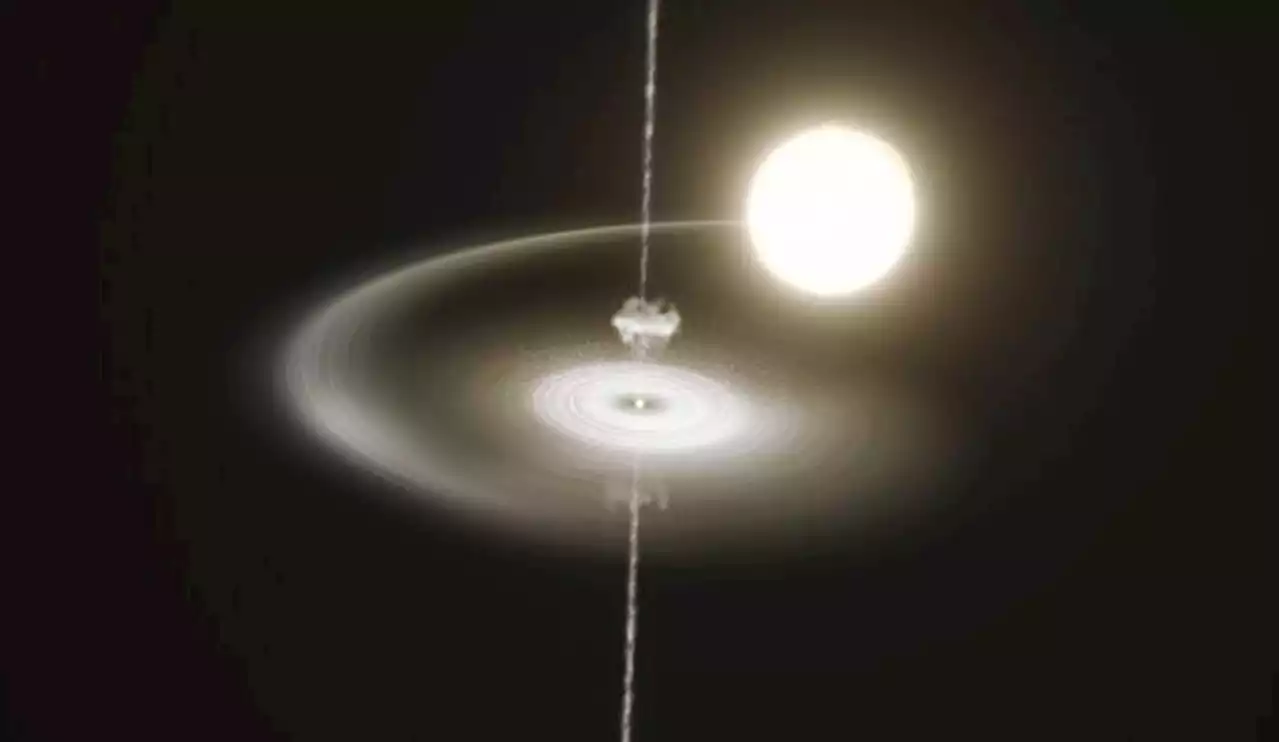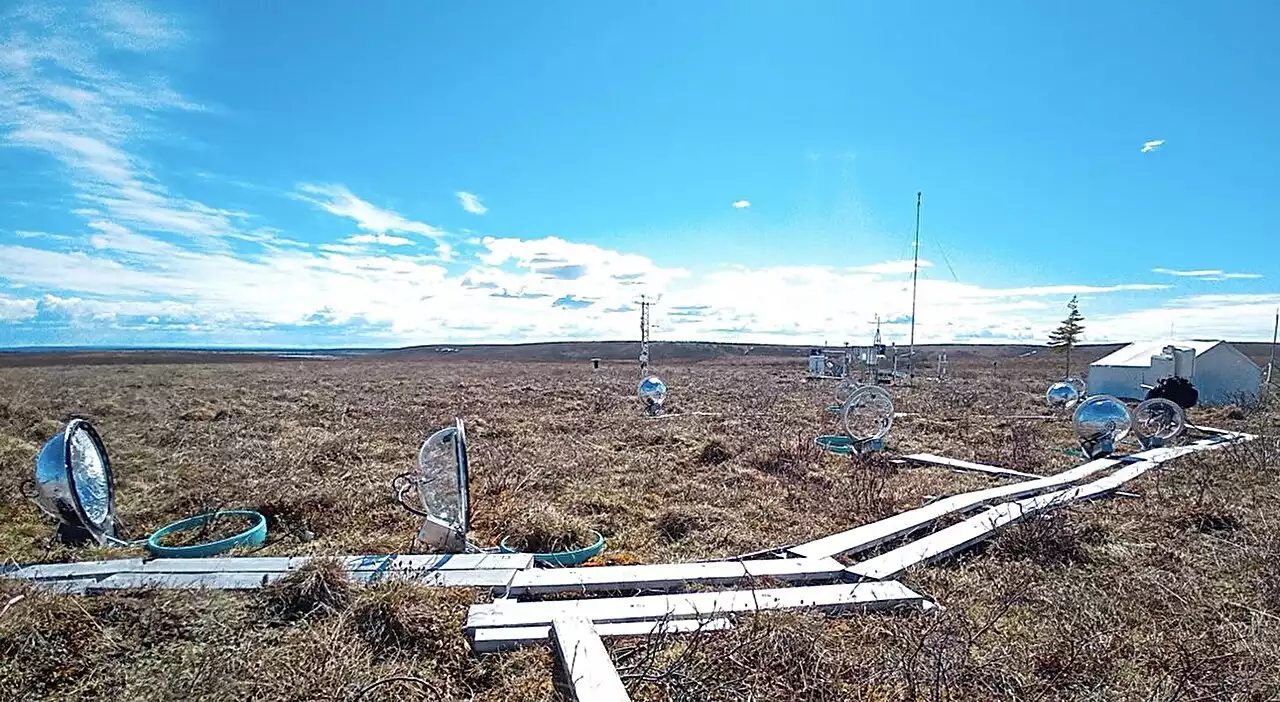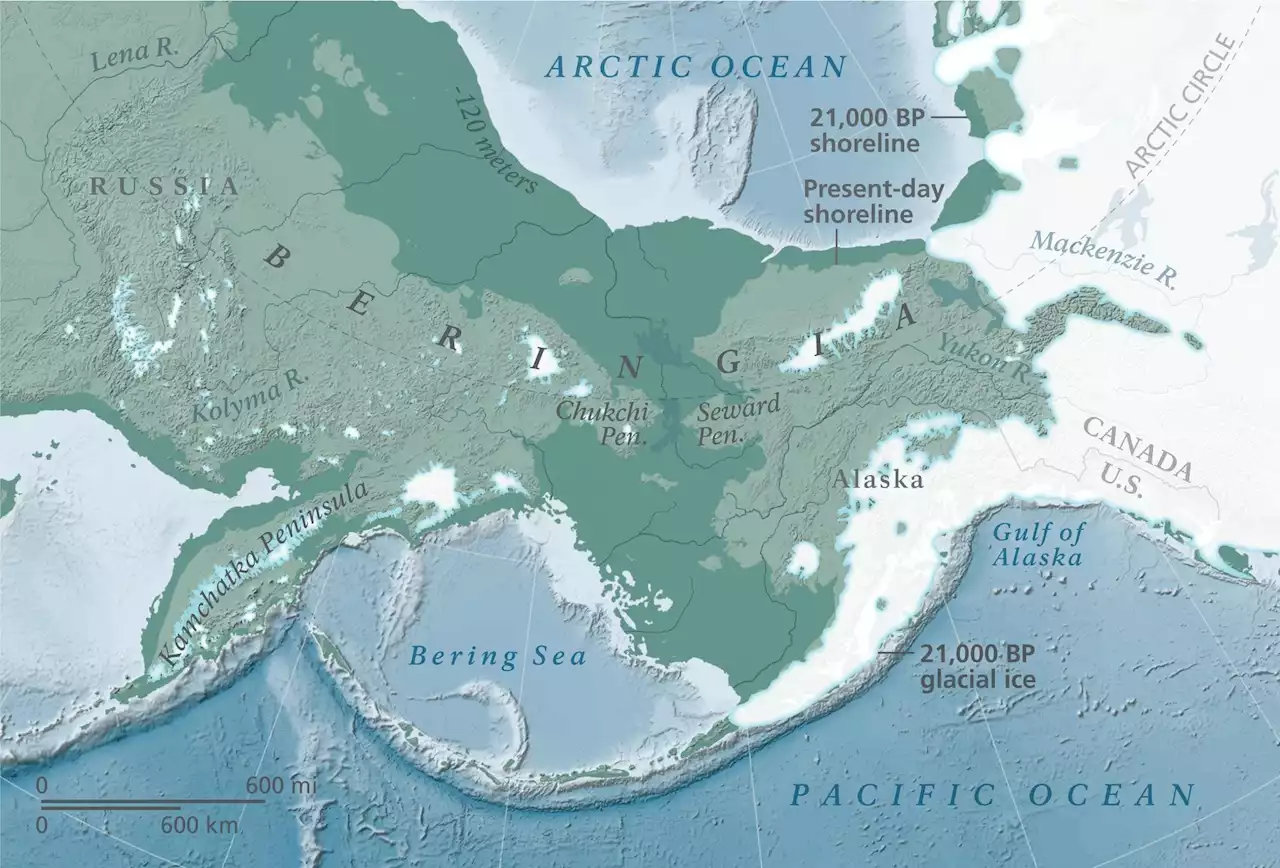Much as we must support Ukraine’s principled defense, an impaired planet due to stifled science or ravaged ecology will make any victory less sustainable for humanity.
could benefit from the research. However, the amount of funds used for basic science research, and particularly environmental research, is paltry compared with what we are allowing through exemptions or concessions to other countries from fossil fuel sales.
At best such protest gestures of preventing collaboration are symbolic, but science should not be sacrificed at the altar of sentimental symbolism. The US scientific research institutions should urgently consider a resumption of scientific collaborations with Russia on environmental research and other areas where there is no security threat.
United States Latest News, United States Headlines
Similar News:You can also read news stories similar to this one that we have collected from other news sources.
 STEM Centers Are Making Science Education More Accessible with the Science Near Me ExchangeThe Science Near Me Exchange organizes and displays opportunities for everyone to engage in local or virtual STEM events. Hear from the NC STEM Center about how the Exchange helps them achieve their goals.
STEM Centers Are Making Science Education More Accessible with the Science Near Me ExchangeThe Science Near Me Exchange organizes and displays opportunities for everyone to engage in local or virtual STEM events. Hear from the NC STEM Center about how the Exchange helps them achieve their goals.
Read more »
 Earth Science News -- ScienceDailyEarth science research and news. Read science articles on air quality, geology, meteorology, oceanography, paleontology and science and the environment.
Earth Science News -- ScienceDailyEarth science research and news. Read science articles on air quality, geology, meteorology, oceanography, paleontology and science and the environment.
Read more »
 Disney diplomacy: US commerce secretary visits China theme park By ReutersDisney diplomacy: US commerce secretary visits China theme park
Disney diplomacy: US commerce secretary visits China theme park By ReutersDisney diplomacy: US commerce secretary visits China theme park
Read more »
 Disney diplomacy: US commerce secretary visits China theme parkU.S. Commerce Secretary Gina Raimondo visited Shanghai Disneyland and a Boeing facility in China Wednesday, touting two prominent American exports as she wrapped up a trip aimed at boosting Chinese-U.S. business ties.
Disney diplomacy: US commerce secretary visits China theme parkU.S. Commerce Secretary Gina Raimondo visited Shanghai Disneyland and a Boeing facility in China Wednesday, touting two prominent American exports as she wrapped up a trip aimed at boosting Chinese-U.S. business ties.
Read more »
 Dead 'vampire' star is feeding on a companion and firing out cosmic cannonballsRobert Lea is a science journalist in the U.K. whose articles have been published in Physics World, New Scientist, Astronomy Magazine, All About Space, Newsweek and ZME Science. He also writes about science communication for Elsevier and the European Journal of Physics. Rob holds a bachelor of science degree in physics and astronomy from the U.K.’s Open University. Follow him on Twitter sciencef1rst.
Dead 'vampire' star is feeding on a companion and firing out cosmic cannonballsRobert Lea is a science journalist in the U.K. whose articles have been published in Physics World, New Scientist, Astronomy Magazine, All About Space, Newsweek and ZME Science. He also writes about science communication for Elsevier and the European Journal of Physics. Rob holds a bachelor of science degree in physics and astronomy from the U.K.’s Open University. Follow him on Twitter sciencef1rst.
Read more »
 Arctic soil methane consumption may be larger than previously thought and increases in a drier climateArctic wetlands are known emitters of the strong greenhouse gas methane (CH4). Well-drained soils on the other hand remove methane from the atmosphere. In the Arctic and boreal biomes, well drained upland soils with a high potential for atmospheric methane consumption cover more than 80% of the land area. Despite the large upland coverage and their potential importance for methane uptake, the underlying mechanisms, environmental controls and even the magnitude of Arctic soil methane uptake are poorly understood.
Arctic soil methane consumption may be larger than previously thought and increases in a drier climateArctic wetlands are known emitters of the strong greenhouse gas methane (CH4). Well-drained soils on the other hand remove methane from the atmosphere. In the Arctic and boreal biomes, well drained upland soils with a high potential for atmospheric methane consumption cover more than 80% of the land area. Despite the large upland coverage and their potential importance for methane uptake, the underlying mechanisms, environmental controls and even the magnitude of Arctic soil methane uptake are poorly understood.
Read more »
